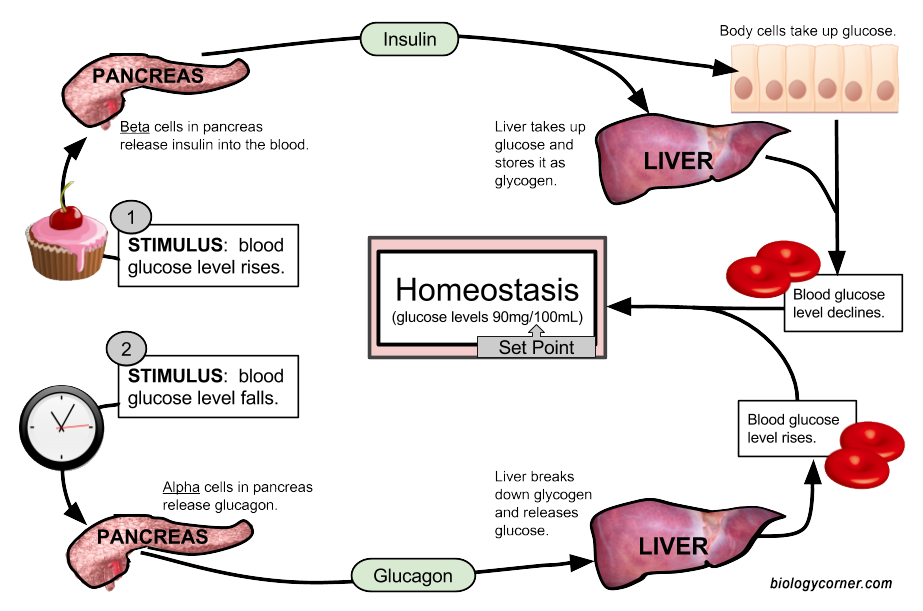Homeostasis of Diabetes
Diabetes can also happen when there's a failure of homeostatic regulation of glucose. Insulin resistance and insufficient insulin production combine to cause persistent hyperglycemia, which is the cause of this impairment. Given that hyperglycemia is a hallmark of diabetes, the identification of abnormalities in the brain's hormone- and nutrition-sensing pathways that control glucose homeostasis will provide insight into the primary factor that sustains this metabolic condition. The cellular and molecular processes of CNS hormone and nutrition sensing that regulate glucose homeostasis are covered in this review. Changes in glucose homeostasis may have an intergenerational impact on diabetes in kids. There's a chance that children of diabetic parents will inherit genetic predispositions to the ailment.
Furthermore, the development of metabolic diseases in the progeny might be influenced by the intrauterine environment and lifestyle choices made during pregnancy. Dysregulation of insulin and other pancreatic hormones, as well as variations in blood glucose levels, might result from a parent's poorly managed diabetes. These disruptions may have an impact on the intrauterine environment, exposing the growing fetus to aberrant glucose levels that could compromise its own regulation of metabolism. Furthermore, it appears from current study that environmental factors and parental health may also affect epigenetic alterations, which may contribute to the transmission of the risk of diabetes to offspring. These changes may have an impact on patterns of gene expression linked to pancreas and glucose metabolism. Therefore, appreciating how these disorders may be handed down to offspring and devising measures to decrease the risk in future generations require an understanding of the mechanisms by which disturbances in pancreatic function and glucose homeostasis emerge in persons with diabetes.

Comments
Post a Comment